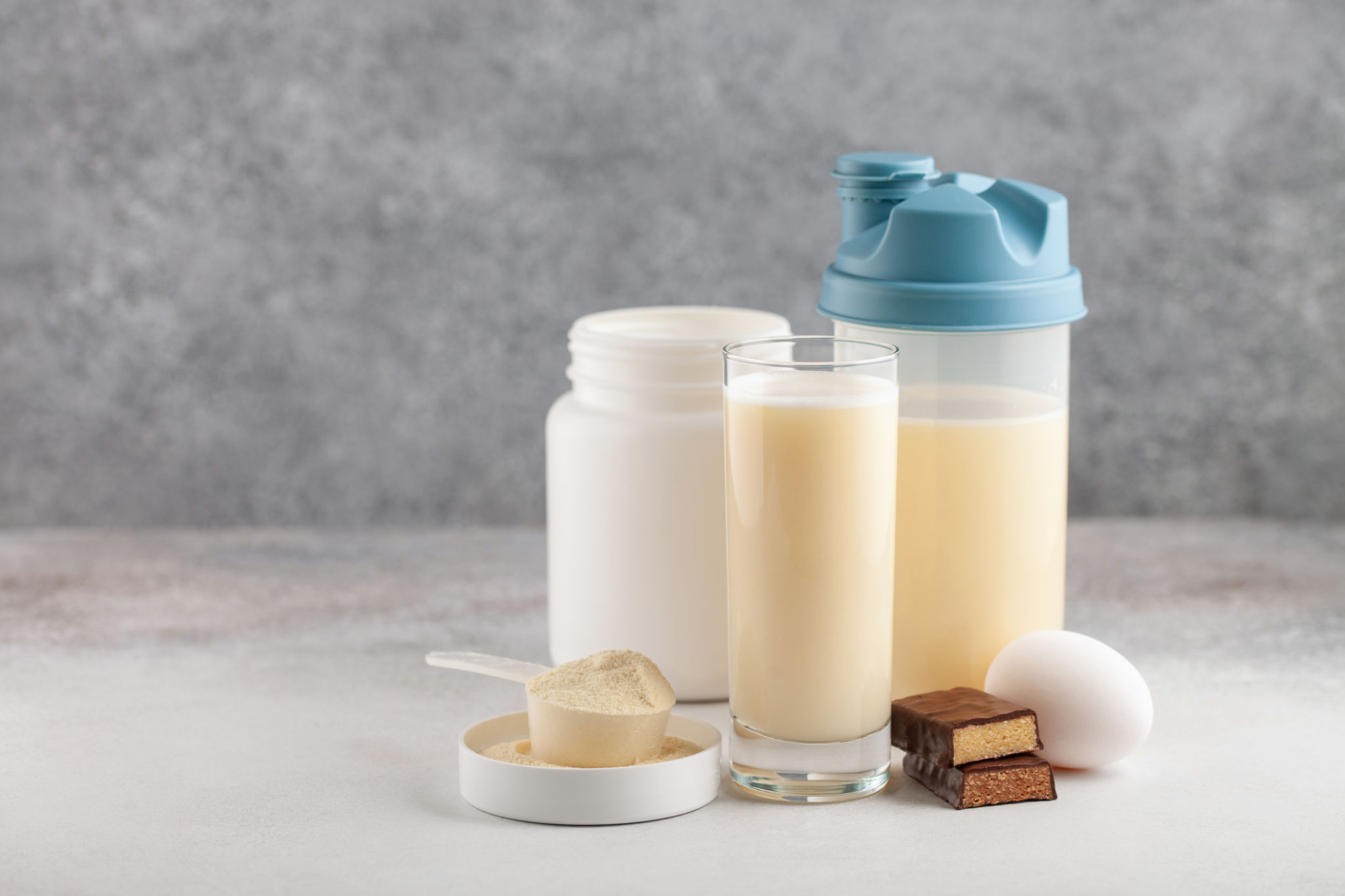One of the most contentious issues in performance nutrition is protein consumption. There are “protein wars” raging, with opposing camps arguing for and against food vs. supplements, whey vs. soy, and the appropriate protein intake amounts based on age, objective, and sport. Whey Protein Isolate is the most prominent supplement in the market these days.
It makes sense because athletes of all skill levels highly value lean muscle tissue, and eating protein provides the amino acids needed for muscle growth and maintenance.
Types Of Protein
Not all whey proteins are created equal; if you wander down the aisle at your neighborhood health food store, you might feel entirely overwhelmed by the selection. Whey protein generally comes in three different forms. Jumeshmos Trading. is one of the most reliable Whey Protein Isolate Suppliers that comes in a variety of well-liked varieties. The primary distinction between them is how they were processed.
- Whey Protein Concentrate
This is the more “natural,” less processed type of whey protein. Less processing may seem beneficial to supporters of clean eating, but in this instance, less processing translates to less purity. Whey protein concentrate differs from isolates in containing between 70 and 85 percent less total protein and more fat and lactose.
- Whey Protein Isolate
Contrarily, whey protein isolate undergoes additional processing to eliminate the extra lactose and fat, resulting in a product that typically contains 90 percent or more protein. For lactose intolerants, the isolate form of whey protein is often more expensive than concentrate, and we call it a “safer” supplement.
Overall, whey protein concentrate appears to be the best choice. Online, there are many options, and it is the least expensive and naturally keeps most of the advantageous elements present in whey. Many people also favor the taste, perhaps due to lactose and fat.
Whey protein isolate or even hydrolysate may be preferable if you have trouble digesting concentrate or if you’re attempting to emphasize protein while limiting carbs and fat. Though concentrate is the most widely used form, most studies have focused on whey protein isolate.
What Is the Right Time to Take Whey Protein?
Whey protein has a high level of bioavailability and rapid absorption rates, and it is the perfect protein for post-workout recovery. Brandon Mentone, a strength and conditioning coach and sports nutritionist states that whey is the most effective and quickly absorbed agent post-workout since it has the best bioavailability of all protein alternatives.
Exercising puts your body under a lot of stress, weakening your muscles and tissues. The process of gaining power does not occur during a workout; instead, it serves to prepare your body for the recuperation period when muscular hypertrophy will occur. A proper post-workout diet triggers the healing of tissues in a way that promotes muscle growth. Working out “opens up” muscles to operate somewhat like a sponge, making them primed and prepared to absorb nutrients. Skeletal muscles experience an immediate increase in blood flow after an exercise.
Your muscles will get the most from the amino acids they need to heal and grow if you consume a quick-absorbing protein like whey protein right after working out. The earlier you can eat whey protein after working out, the better. Generally, you should eat a protein-and-carbohydrate supper within two hours of your workout; we call it the “anabolic window.”
Effects Of Whey Supplementation on Muscle Mass and Strength
Whey protein encourages muscle and strength building in the following ways:
It offers amino acids and protein, which act as the building blocks for accelerated muscle growth.
- Hormones: It promotes the production of anabolic hormones like insulin, which can promote muscular growth.
- Leucine: It contains a lot of this amino acid, which is known to genetically and molecularly accelerate the production of muscle protein.
- Fast absorption: When compared to other protein sources, whey protein is absorbed and used very quickly.
Who Should Take Whey Protein?
Whey protein is an excellent choice for most active people searching for a simple approach to improve their protein intake because it is widely available, inexpensive, and highly bioavailable. The fact that it should be simple for people to get enough protein in their diets to achieve the Recommended Daily Allowance (RDA) of 0.8 grams per kilogram of body weight is one of the main arguments against protein supplements.
Even though this is technically correct, the RDA is based on the protein requirements of a sedentary person, not on the needs of anyone active, growing, attempting to gain muscle mass, or recuperating from an injury. Get the best quality Whey Protein Isolate Bulk Suppliers from a trusted place so it can benefit you well.
Most research shows that a protein consumption of between 1.2 and 1.6 grams per kilogram of body weight is optimum under these conditions. While getting this much protein from food sources is entirely doable, it’s not always practical.


